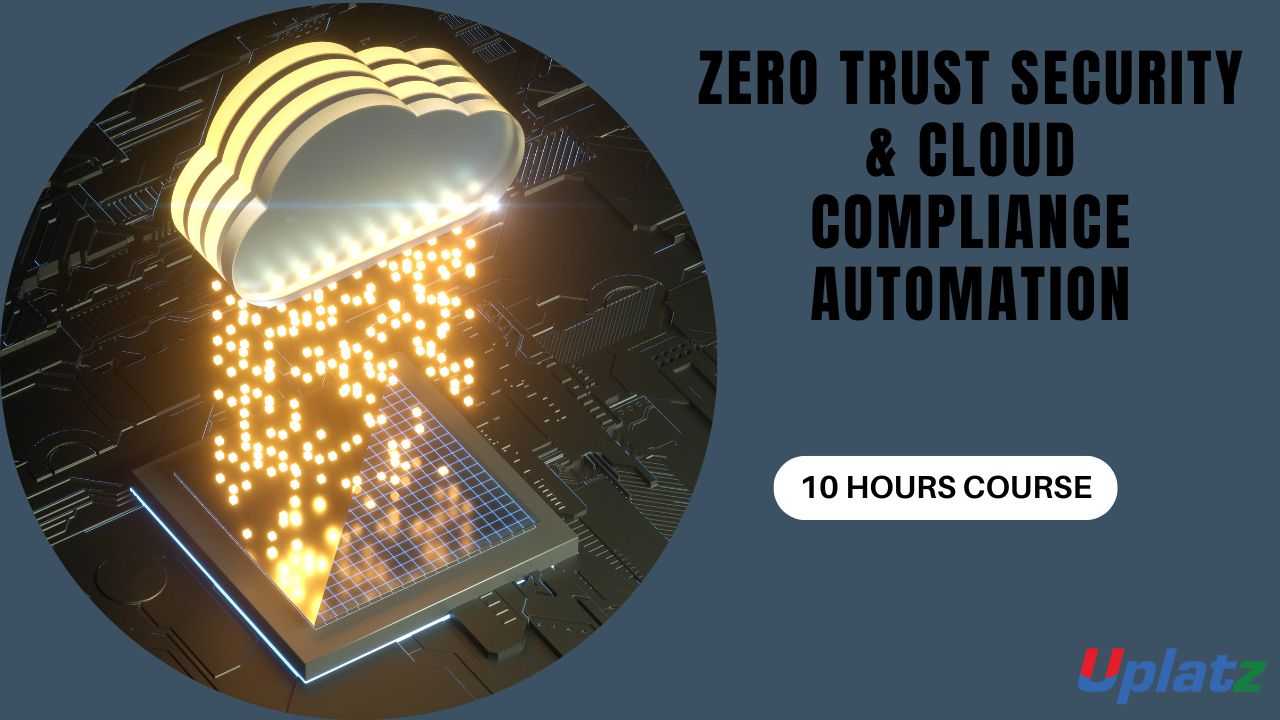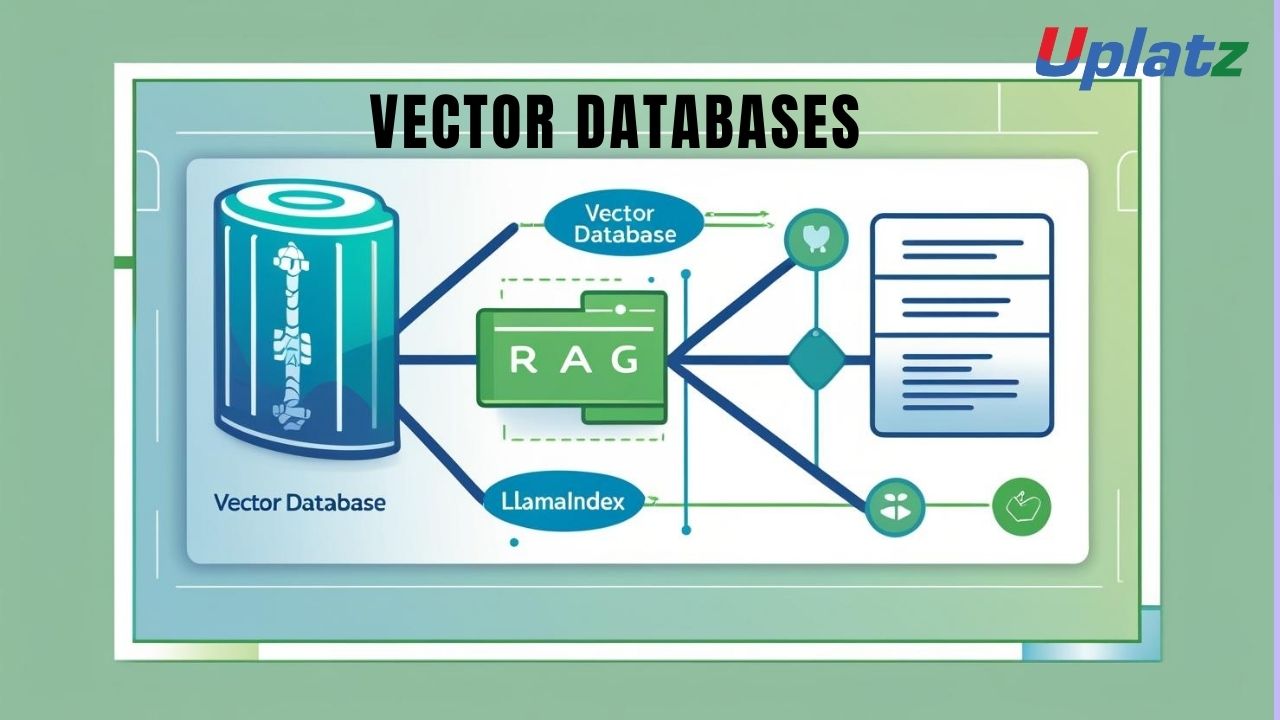Thanos
Master Thanos for scalable, highly available metrics storage and monitoring in Prometheus-based environments.Preview Thanos course
Price Match Guarantee Full Lifetime Access Access on any Device Technical Support Secure Checkout Course Completion Certificate 92% Started a new career
BUY THIS COURSE (GBP 29)
92% Started a new career
BUY THIS COURSE (GBP 29)
-
 81% Got a pay increase and promotion
81% Got a pay increase and promotion
Students also bought -
-

- Zero Trust Security & Cloud Compliance Automation
- 10 Hours
- GBP 12
- 10 Learners
-

- Vector Databases & RAG (Retrieval-Augmented Generation) with LlamaIndex
- 10 Hours
- GBP 29
- 10 Learners
-

- Databricks for Cloud Data Engineering
- 54 Hours
- GBP 12
- 1379 Learners

- Learn Sequentially – Begin with Prometheus fundamentals and gradually layer Thanos concepts.
- Hands-On Practice – Deploy Thanos on local and cloud environments to cement your understanding.
- Work with Projects – Implement realistic scenarios like disaster recovery, HA setups, and centralized monitoring.
- Engage with Labs and Challenges – Apply knowledge in troubleshooting and optimizing Thanos performance.
- Use Provided Resources – Access documentation links, example YAML manifests, and architectural diagrams to enhance practical learning.
Course/Topic 1 - Coming Soon
-
The videos for this course are being recorded freshly and should be available in a few days. Please contact info@uplatz.com to know the exact date of the release of this course.
-
Understand Thanos architecture and core components (Sidecar, Store, Query, Compactor, Rule, Receiver).
-
Configure Prometheus for high availability with Thanos.
-
Set up object storage integration (AWS S3, GCP, Azure Blob) for metrics retention.
-
Deploy Thanos in Kubernetes and containerized environments.
-
Enable global querying and deduplication across Prometheus instances.
-
Configure Thanos for cost-efficient and scalable long-term storage.
-
Implement alerting and recording rules using Thanos Ruler.
-
Integrate Thanos with Grafana for centralized visualization.
-
Optimize performance and troubleshoot common Thanos issues.
-
Design a production-grade observability stack with Thanos and Prometheus.
- Prometheus limitations
- Overview of Thanos and its benefits
- Components: Sidecar, Store, Query, Compactor, Receiver, Ruler
- Data flow and deduplication
- Configuring Prometheus remote-write
- HA Prometheus fundamentals
- Setting up AWS S3, GCP, or Azure storage
- Configuring Thanos for cost-effective retention
- Helm charts and manifests
- Networking and service discovery
- Cross-cluster query federation
- Deduplication and latency handling
- Compacting and downsampling metrics
- Cost optimization strategies
- Configuring Thanos Ruler
- Distributed alerting for multi-region
- Horizontal scaling strategies
- Managing millions of series efficiently
- Building dashboards with Thanos data sources
- TLS/HTTPS setup
- RBAC and multi-tenancy
- Common issues and debugging tips
- Centralized Monitoring for Multi-Cluster Kubernetes
- Long-Term Storage with S3 and Thanos
- Disaster Recovery Setup with HA Prometheus
-
Key configurations, case studies, and expert tips
Upon completion, learners receive a Certificate of Completion from Uplatz, validating expertise in Thanos architecture, deployment, and monitoring strategies. This certification is highly valued among cloud-native DevOps teams and observability engineers. It demonstrates proficiency in scaling Prometheus using Thanos, integrating storage backends, and building global observability platforms—skills sought in roles like Cloud Monitoring Engineer, SRE, and DevOps Specialist. The certification boosts career credibility and showcases practical skills that align with enterprise-level monitoring needs.
- DevOps Engineer
- Site Reliability Engineer (SRE)
- Cloud Monitoring Specialist
- Observability Engineer
- Prometheus/Thanos Administrator
- What is Thanos and why is it used?
Thanos is an open-source system that extends Prometheus with HA, long-term storage, and global querying capabilities. - How does Thanos differ from Prometheus?
Thanos adds HA, deduplication, object storage, and federated queries on top of Prometheus, overcoming its single-node and retention limits. - Explain Thanos architecture components.
Core components include Sidecar (data shipping), Store (data retrieval), Query (federation), Compactor (downsampling), Receiver, and Ruler. - What is deduplication in Thanos?
Deduplication removes duplicate metrics from multiple HA Prometheus instances to ensure accurate results. - How do you configure object storage for Thanos?
By setting up YAML configs for cloud storage like S3/GCP and connecting them via Sidecar for metric uploads. - What role does the Compactor play?
Compactor downsamples old data and compacts blocks to reduce storage costs. - How does Thanos ensure high availability?
By running multiple Prometheus instances in HA and deduplicating their metrics globally via Thanos Query. - How do you integrate Thanos with Grafana?
Add Thanos Query endpoint as a data source in Grafana to visualize metrics from multiple clusters. - What is the function of Thanos Ruler?
It runs Prometheus-style alerting and recording rules across global datasets. - What are common Thanos performance issues and fixes?
Common issues include slow queries and compaction delays; solutions involve optimizing queries, scaling Store components, and tuning object storage.









